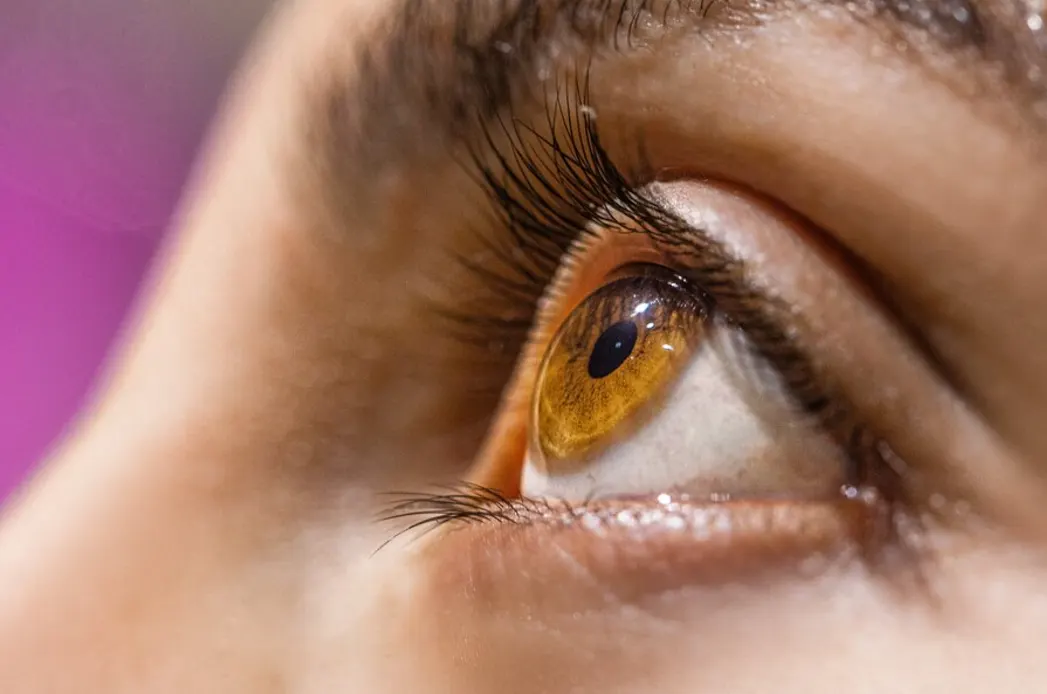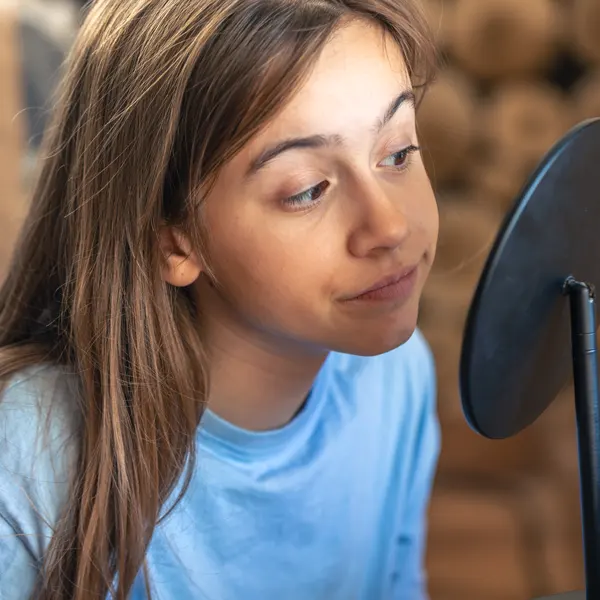Patient Resources



RESOURCES
Frequently Asked Questions (FAQs) for Parents and Caregivers of Young Patients
Welcome to our Frequently Asked Questions (FAQs) page, dedicated to supporting parents and caregivers of children who are adjusting to life with an ocular prosthesis. We understand that this journey can bring both emotional and practical challenges, and we’re here to provide guidance, reassurance, and resources to help you and your child feel confident and comfortable.
Whether you’re navigating the process of getting a prosthesis, addressing your child’s emotional needs, or seeking advice on care and maintenance, this section offers helpful information tailored to your family’s unique needs. If you have any additional questions, please don’t hesitate to reach out—we’re here to support you every step of the way.
How can I, as a parent or caregiver, cope with the emotional challenges of my child wearing an ocular prosthesis?
As a parent or caregiver, it’s normal to experience a range of emotions as your child adjusts to wearing an ocular prosthesis.
Here are some ways to support both yourself and your child:
- Acknowledge your own feelings: It’s important to recognize your own emotions—whether it’s sadness, frustration, or concern—and seek support when needed. This could include speaking with a counselor, joining a support group, or talking with other parents who are going through similar experiences.
- Be a source of strength for your child: Your child will look to you for reassurance and emotional guidance. By staying positive and open to discussions, you can provide comfort and support.
- Focus on your child’s well-being: Encourage your child to take part in activities they enjoy and help them stay socially active. Helping them lead a fulfilling, active life can improve their emotional adjustment to their prosthesis.
- Seek professional support: Don’t hesitate to reach out to support professionals, such as counselors or psychologists, who specialize in childhood adaptation or prosthetics. We can recommend resources tailored to your family’s needs.
How do I talk to my child about their ocular prosthesis?
Talking to your child about their ocular prosthesis requires a balance of honesty, sensitivity, and reassurance. Here are some tips for age-appropriate conversations:
- Use simple language: Depending on your child’s age, use straightforward, age-appropriate language. For younger children, you can describe the prosthesis as a special “eye” that helps them feel better and look more like themselves.
- Be positive and reassuring: Emphasize the benefits of the prosthesis, such as regaining their appearance, and that it’s okay to be different. Let them know they are still beautiful and special.
- Answer questions openly: Children may have many questions, and it’s important to answer them honestly but sensitively. Encourage them to ask any questions they have, and reassure them that it’s okay to be curious.
- Be empathetic: If your child feels upset, validate their emotions. Acknowledge that adjusting to a prosthesis can be difficult, but emphasize that they are never alone in the journey.
What should I do if my child experiences bullying or teasing because of their ocular prosthesis?
It can be heartbreaking to learn that your child has been teased or bullied. It’s important to address these issues promptly and in a supportive way:
- Open communication: Encourage your child to talk openly about their experiences. Validate their feelings and let them know that bullying is never acceptable.
- Educate others: If your child feels comfortable, you can educate their peers, teachers, and others in their circle about ocular prosthetics. Promoting awareness can reduce stigma and foster empathy.
- Empower your child: Teach your child how to respond to teasing with confidence, such as calmly explaining what an ocular prosthesis is or simply walking away from negative situations.
- Seek professional help: If bullying becomes persistent, it may be helpful to work with a school counselor or therapist to help your child cope with the emotional effects and build resilience.
My child is self-conscious about their prosthesis. How can I help them feel more confident?
It’s natural for children to feel self-conscious after receiving an ocular prosthesis. Building confidence takes time, but here are some helpful strategies:
- Foster a positive mindset: Encourage your child to focus on what makes them unique rather than their differences. Help them embrace their identity and let them know they are not defined by their prosthesis.
- Involve them in the process: If your child is old enough, let them have a say in the design and appearance of their prosthesis. Having a sense of control over their appearance can help them feel empowered.
- Peer support: Connect with other families who have children with ocular prostheses. Sharing experiences and hearing others’ stories can provide valuable emotional support.

How can I help my child adjust to wearing an ocular prosthesis?
It’s common for children to have mixed emotions when they first receive an ocular prosthesis. It’s important to approach the situation with patience and understanding. Here are a few tips to help your child adjust:
- Normalize the experience: Help your child see the prosthesis as just another part of their body. Encourage them to feel comfortable talking about it with family and friends.
- Positive reinforcement: Praise your child when they wear the prosthesis and make it a positive experience. Celebrate small victories and let them know they’re doing great!
- Support and encouragement: Be there for your child during the initial adjustment period, and provide emotional support when they feel insecure or self-conscious.
- Professional support: If needed, we can refer you to child psychologists or support groups to help navigate any emotional challenges your child might face.
Can wearing an ocular prosthesis affect my child’s social development?
Wearing an ocular prosthesis should not impede your child’s social development. In fact, helping your child adjust to their prosthesis can offer opportunities for growth, emotional resilience, and even empathy for others. Children who wear ocular prostheses often become more understanding and accepting of differences. However, it’s essential to offer emotional support during the adjustment phase and guide your child through any social challenges they may face.
Will my child experience discomfort or pain while wearing the ocular prosthesis?
Generally, an ocular prosthesis is designed to fit comfortably within the eye socket, and most children do not experience pain or discomfort. However, it may take some time for your child to get used to the feeling of the prosthesis. If your child experiences any discomfort, it is important to consult with your ocularist to make necessary adjustments. The prosthesis should not cause irritation or pain if properly fitted.
How can I help my child maintain good eye socket health while wearing a prosthesis?
Maintaining eye socket health is important for long-term comfort and well-being. Teach your child to clean their prosthesis regularly with warm, soapy water and dry it gently with a soft cloth. Encourage them to remove the prosthesis as instructed, allowing the socket to stay healthy and reduce the risk of irritation. Regular follow-up visits with your ocularist will help ensure that the prosthesis continues to fit well and that any changes in the eye socket are addressed promptly.
What resources are available for parents and children adjusting to an ocular prosthesis?
We understand that the journey can be challenging, especially for families adjusting to life with an ocular prosthesis. To help, we provide resources such as:
- Support groups: Connect with others who are going through similar experiences, either in-person or online.
- Professional counseling: If your child or family needs extra emotional support, we can recommend specialists who are experienced in helping children and families navigate changes in appearance and identity.
- Educational materials: We offer brochures and online resources to help educate families about ocular prosthetics and provide tips for coping with the emotional aspects of the adjustment process.
